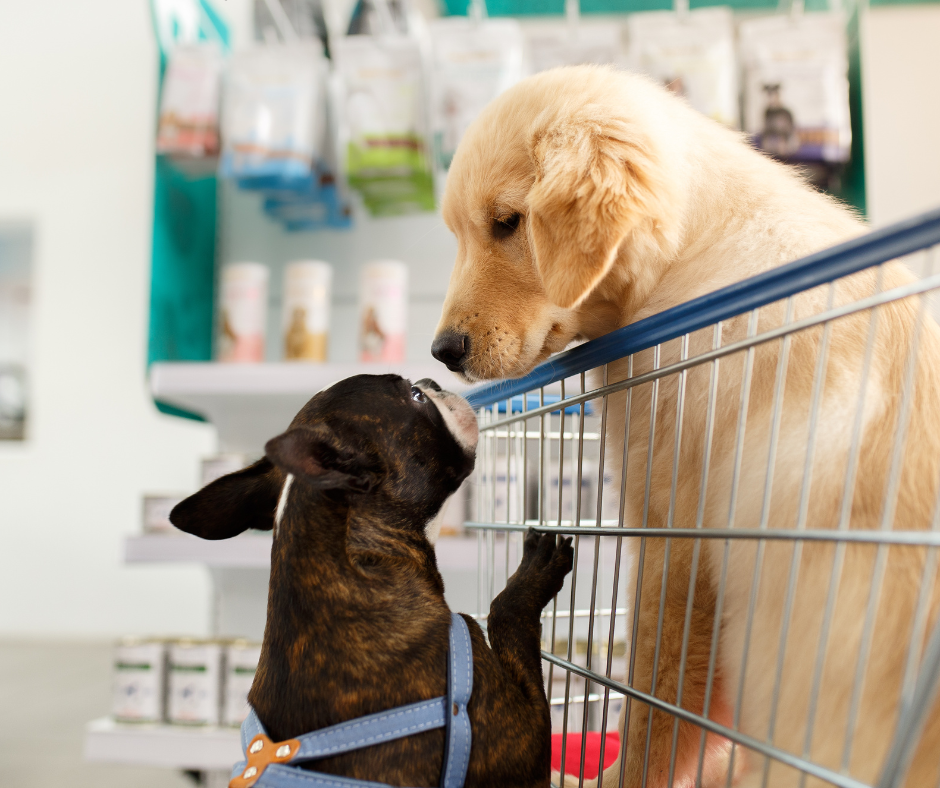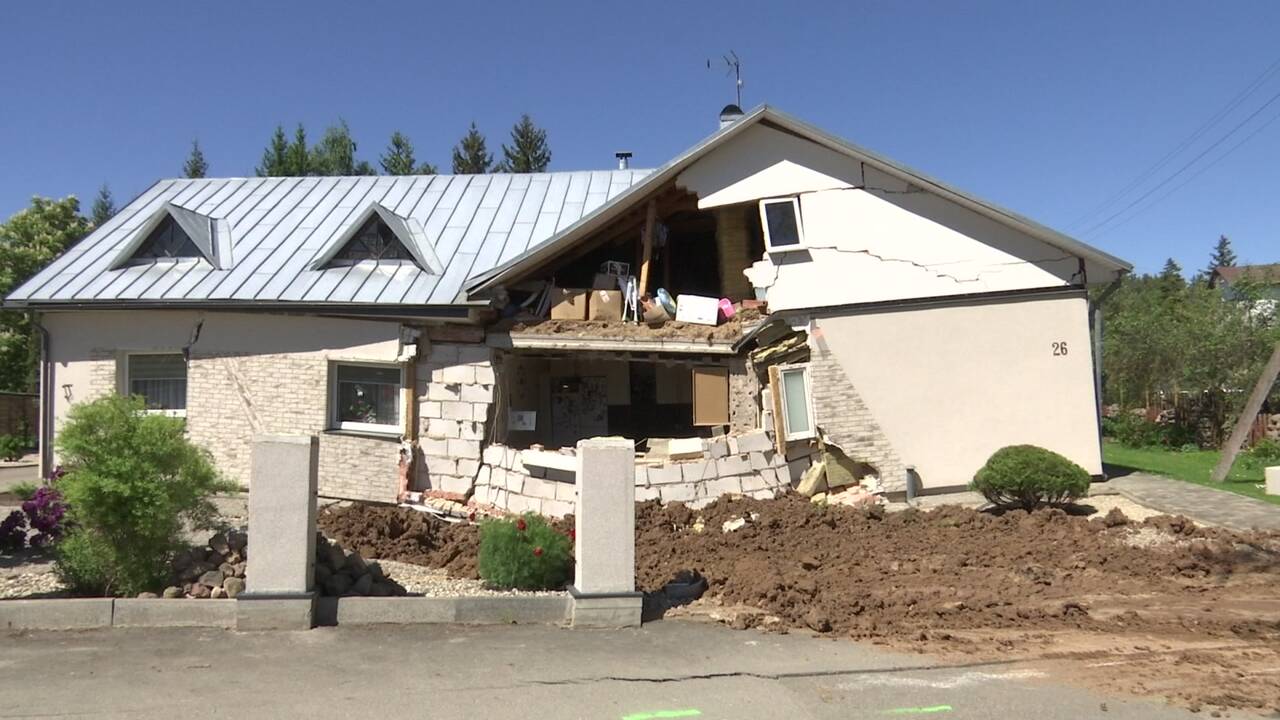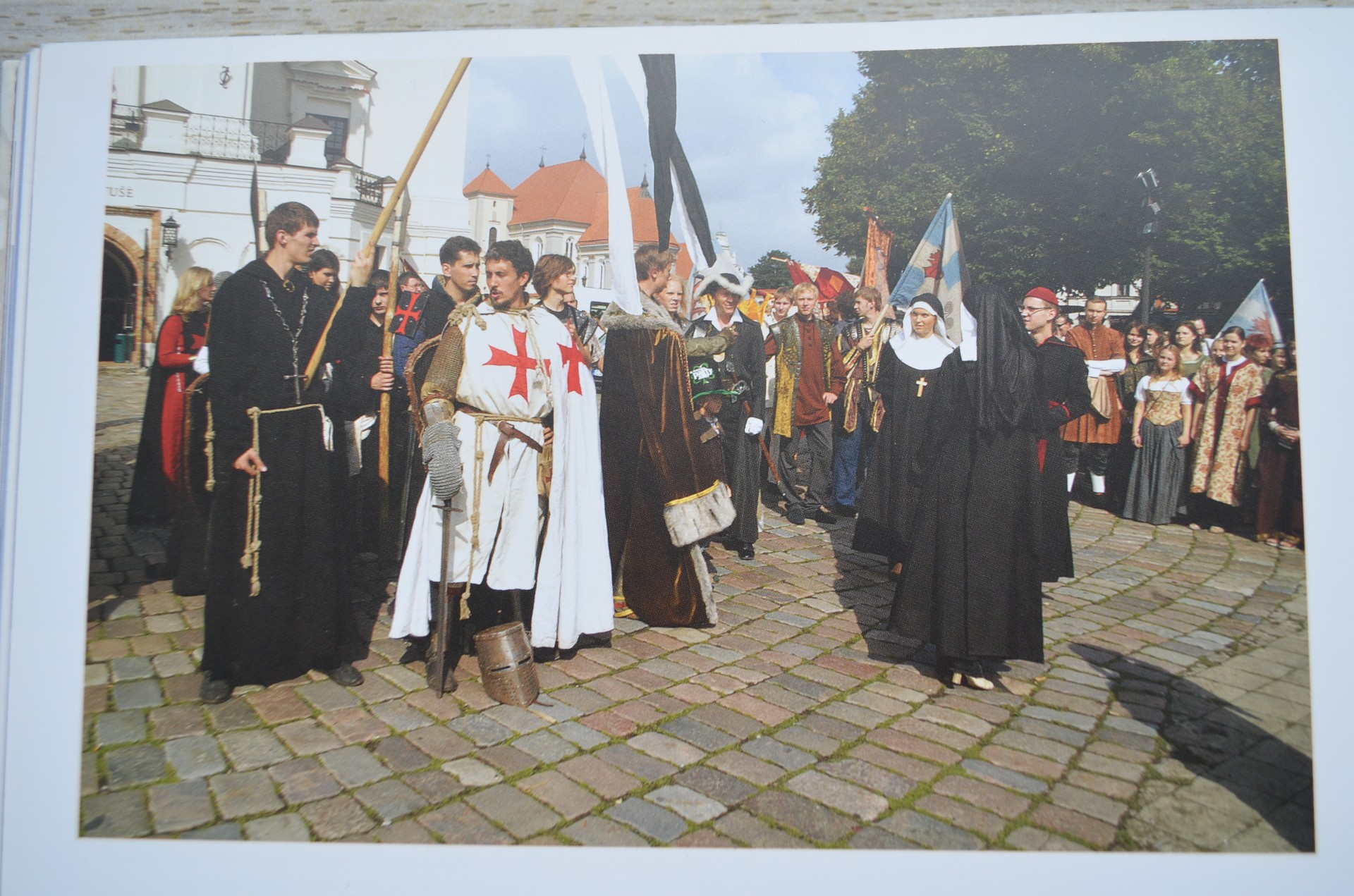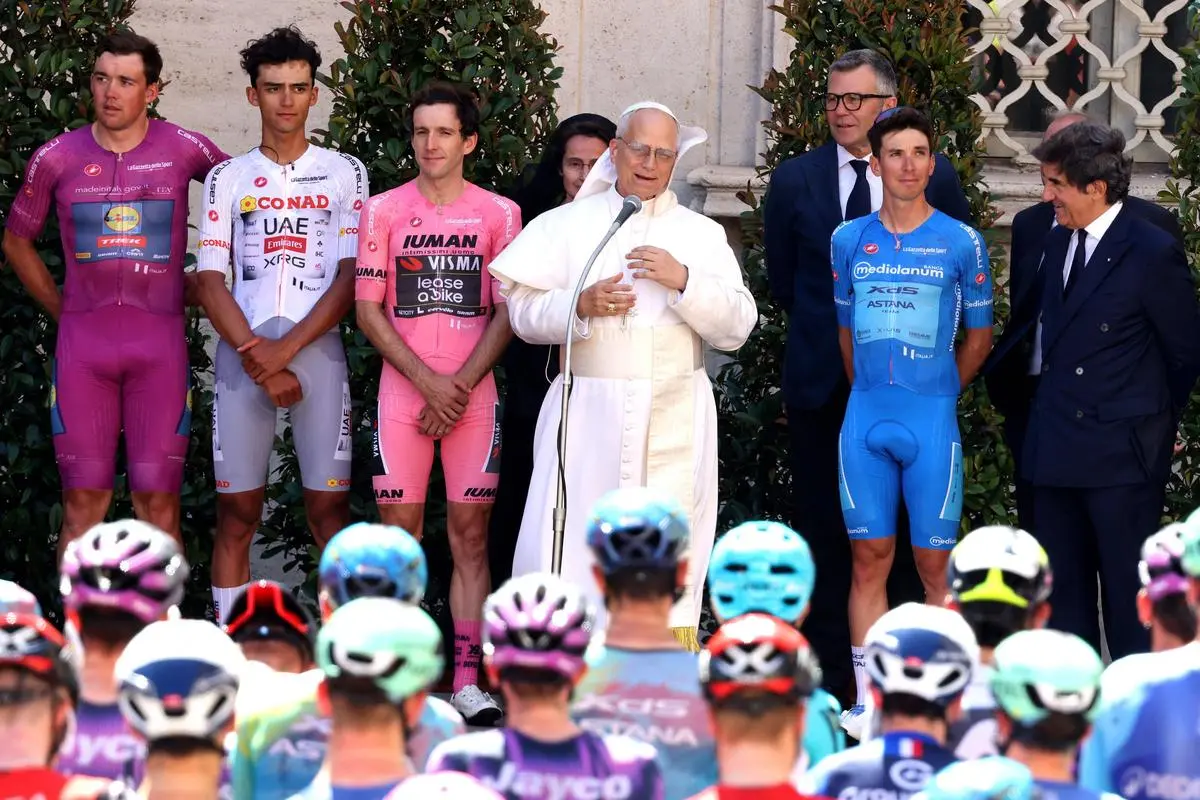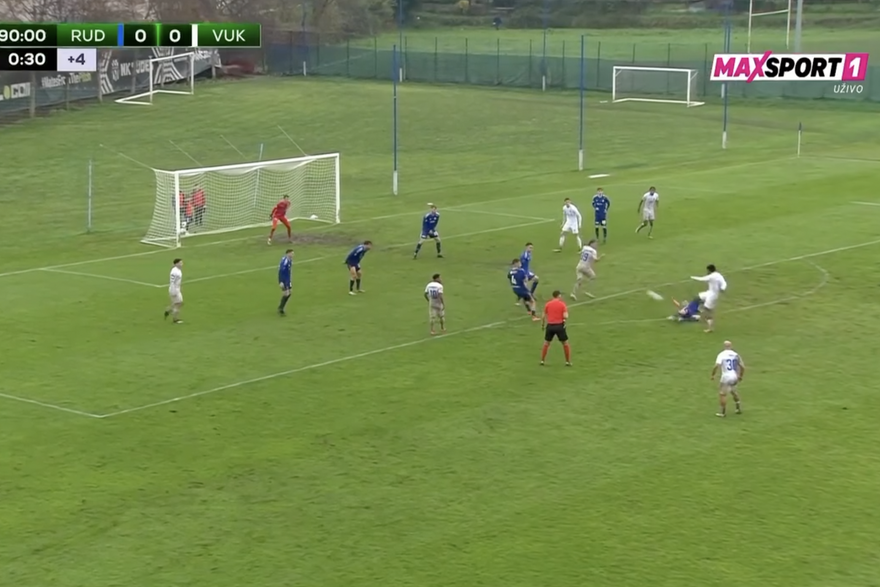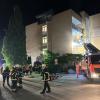The first year of food waste sorting in Klaipeda: results surpassed expectations
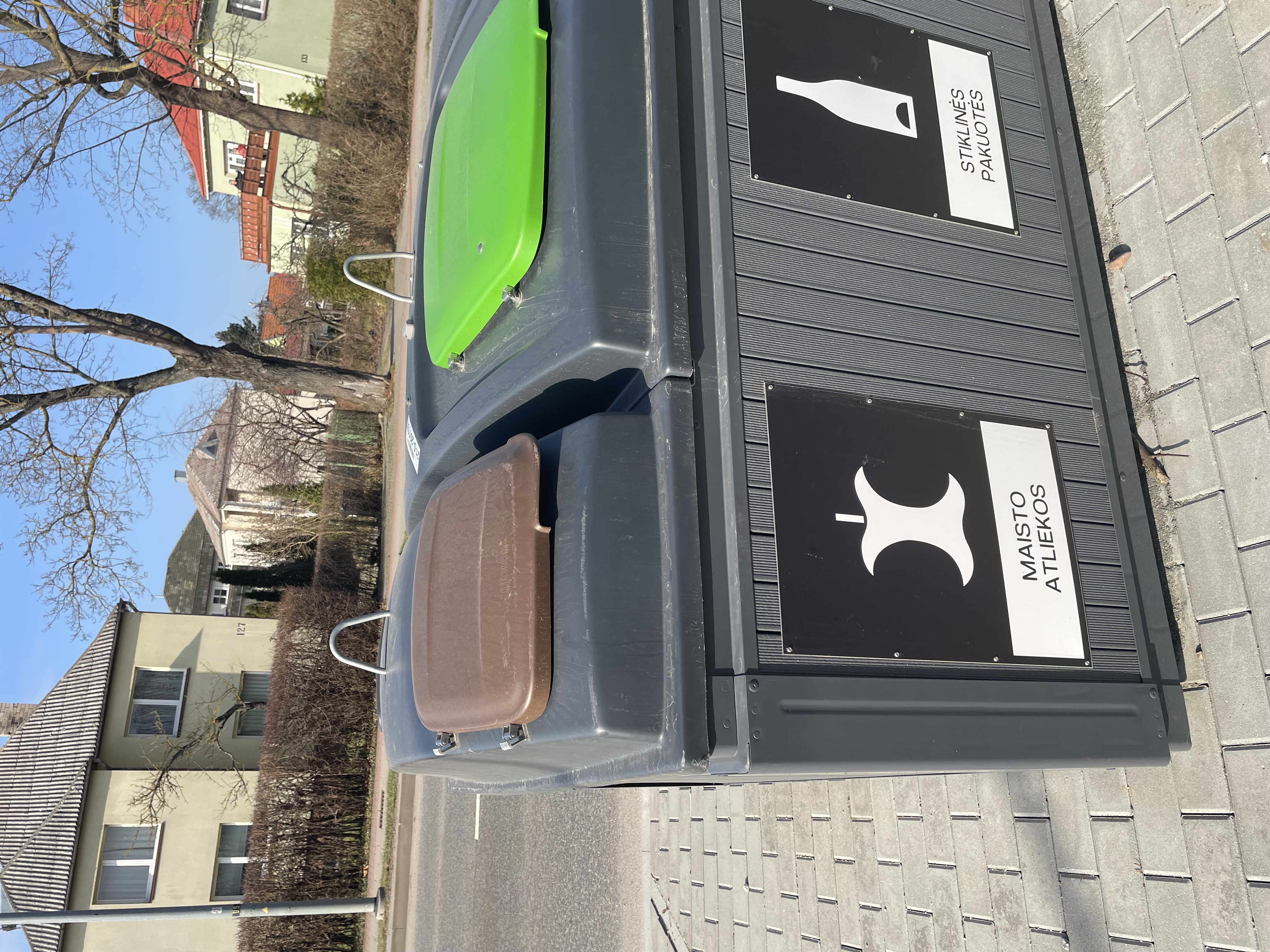
An example of exemplary behavior – residents of individual houses
« In the first year we planned to collect about 1,000 tonnes of food waste, but we collected as much as 40 percent more – over 1,400 tonnes. This is a great result, especially when looking at individual houses blocks – there are almost no impurities in this waste, » says Tomas Kuprys, Head of Mechanical Sorting Division of Klaipeda Regional Waste Management Center (KRATC).
The first sorting containers – more than 4,000 units – were distributed to the residents of individual holdings. Initially, the innovation was doubted, but the habits that formed within months exceeded expectations, so even changing collection schedules had to be changed – the containers are now empty once a week to keep the waste carrier out of the city.
Public containers: There are no challenges yet
Unfortunately, in apartment areas, the situation is not so gratifying. Underground, semi -underground and sliding containers with brown lids are also empty once a week, but they still contain a lot of inappropriate waste.
It is one of the most modern food waste sorting centers not only in Lithuania but also in Europe.
« Food waste cargo from southern city quarters was found … slippers, shoes, polystyrene, clothing, plastic pipes, car oil, household chemical packaging, glass, even washing machine hose, flowers, fur and metal scrap. These are no longer accidental mistakes. T. Kuprys.
Photo by partners
Sorted food waste turns into green energy and compost
KRATC staff carefully removes all impurities to protect expensive equipment and ensure quality biomass waste. This waste produces a liquid biomass that travels to Vievis. In the facilities there, it is processed into gas, which is used to generate electricity, and after the process the remaining mass becomes a compost that returns to the soil as a valuable fertilizer.
Currently, six Klaipeda region municipalities are sorting food: Klaipeda city, Gargždai, Palanga, Kretinga, Šilutė and Neringa. So far, only the Skuodas district, waiting for the European support infrastructure, has not joined this initiative.
In general, all six municipalities in Klaipeda region provided over 1,600 tonnes of food waste for recycling a year.
Clean, no odors and with respect to the environment
According to T. Kupri, in Dumpiai, food waste is not falling – on the contrary, probiotics are used to stop rotting processes during sorting. This avoids unpleasant odors and ensures that the entire food waste management chain is not only effective but also environmentally friendly.
« We have been open from the very first days of our activities – both residents and professionals. Over the years, our sorting workshop has been visited by colleagues from different regions of Lithuania, as well as guests from other European countries. We are inviting everyone to visit and make sure that one of the most modern food waste sorting centers is not only in Lithuania but in Europe. Formality, and a real opportunity to contribute to a cleaner environment, renewable energy production and a more sustainable future, ”said T. Kuprys, Head of Mechanical Sorting at KRATC.

